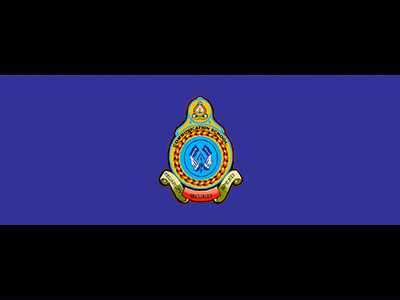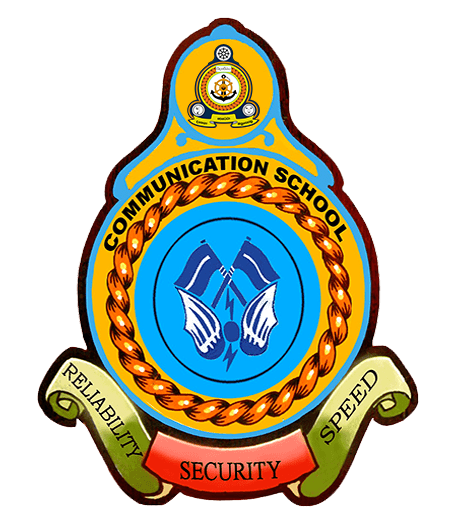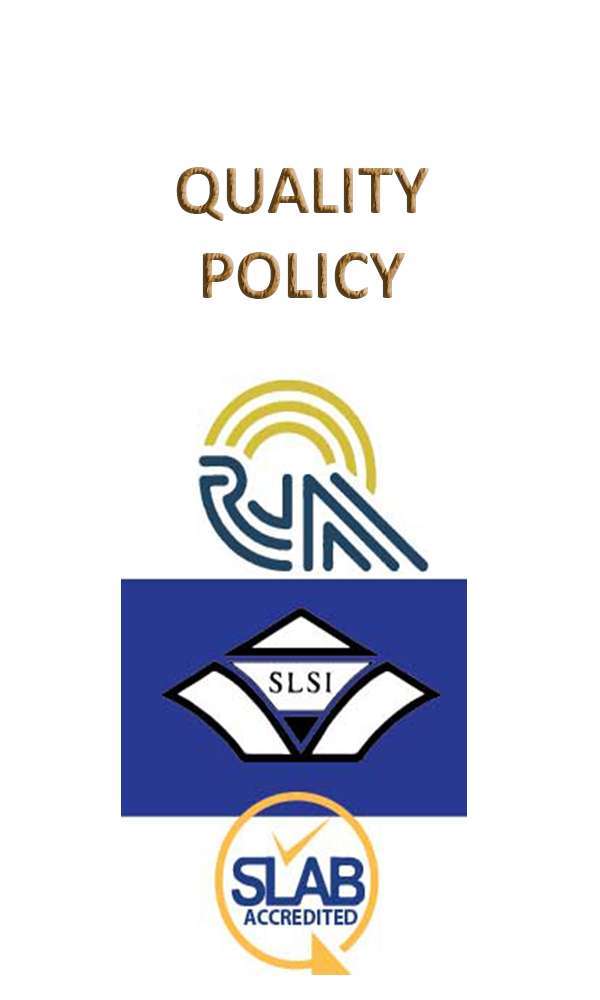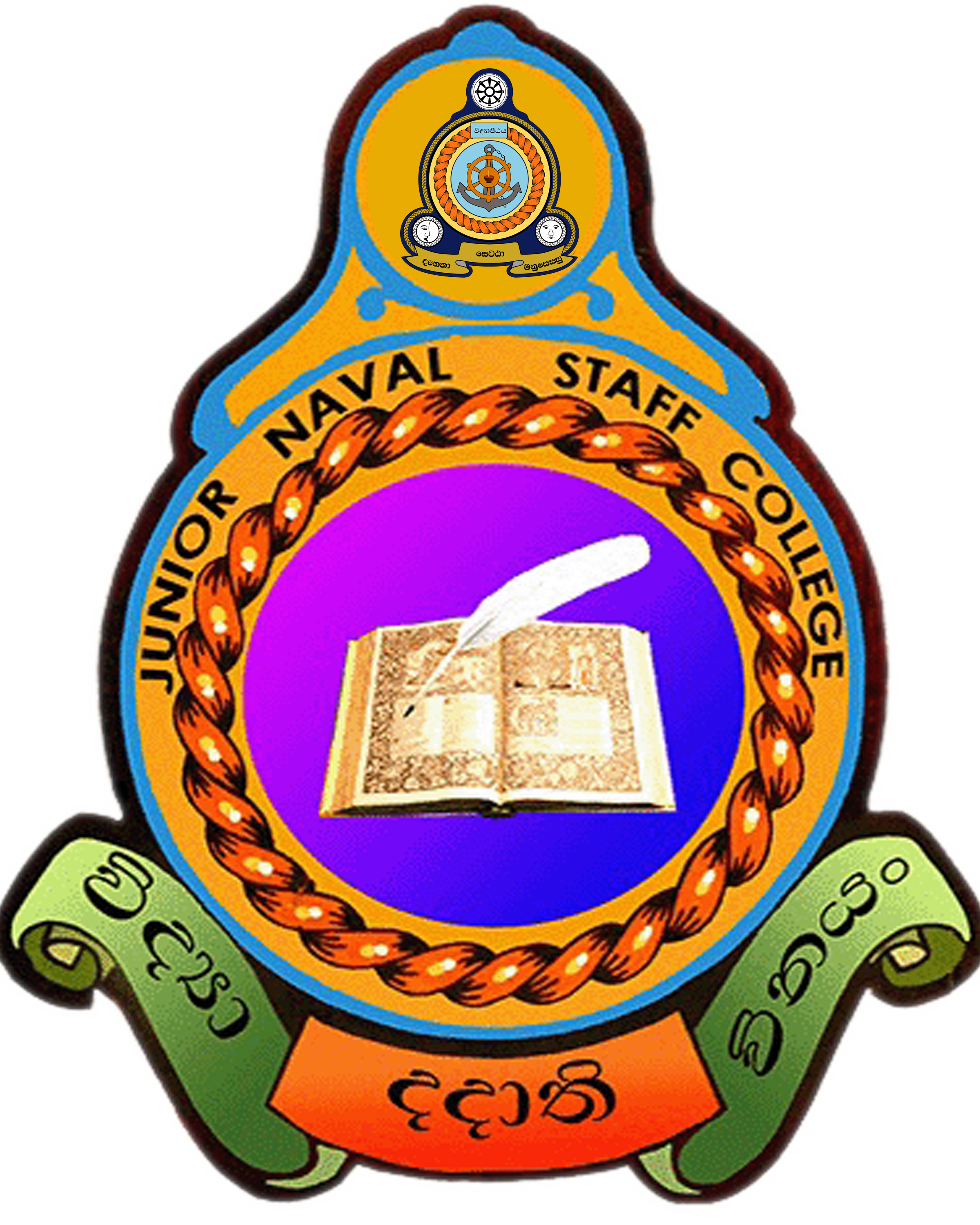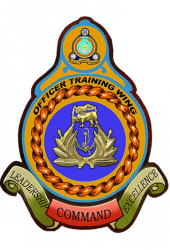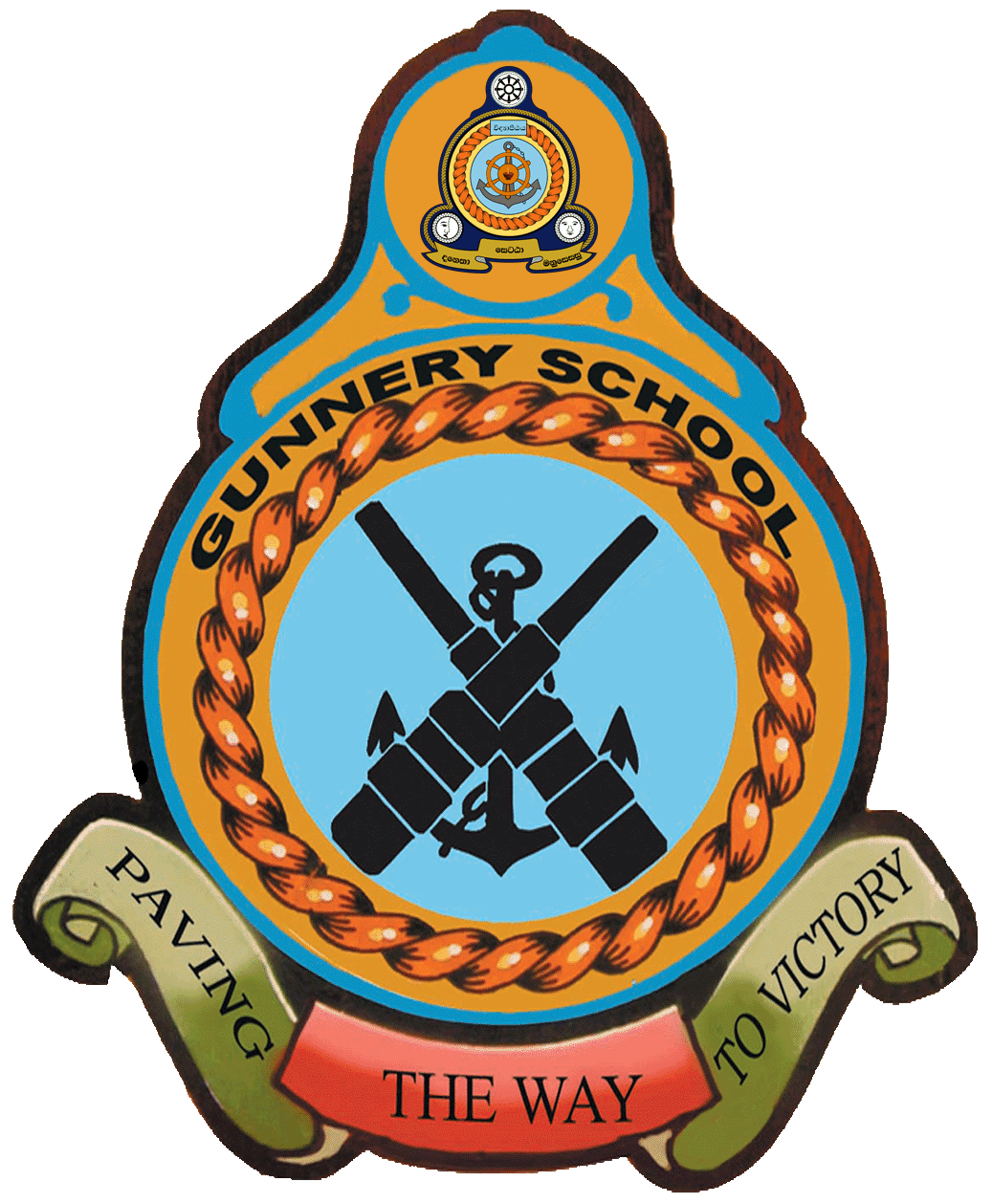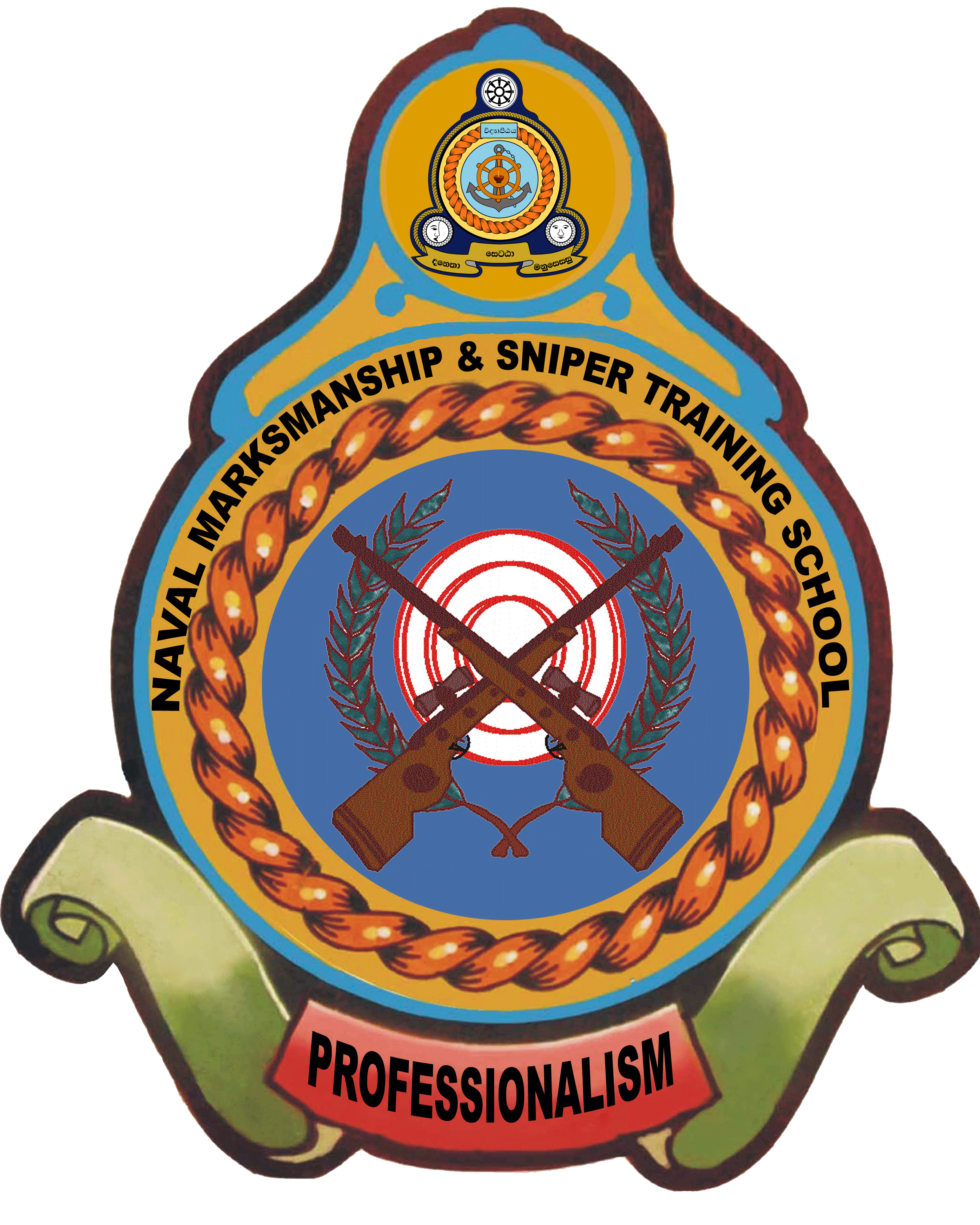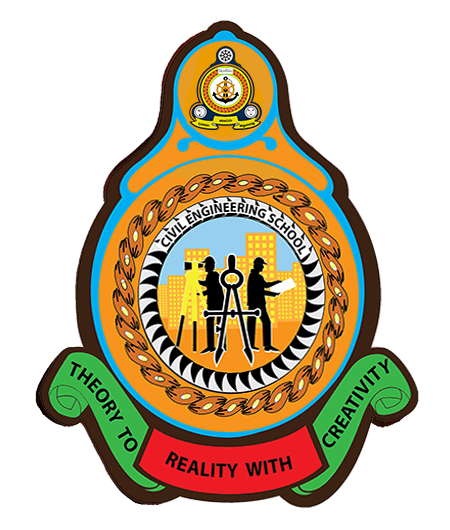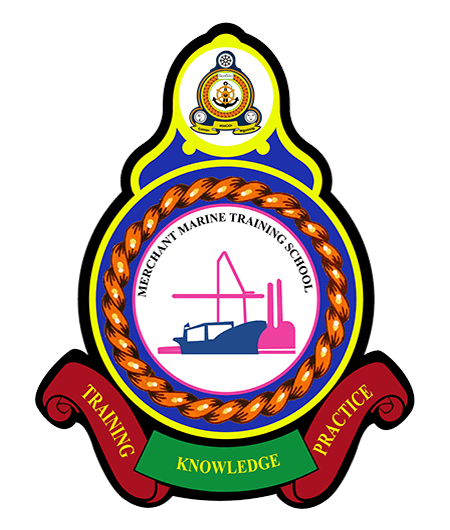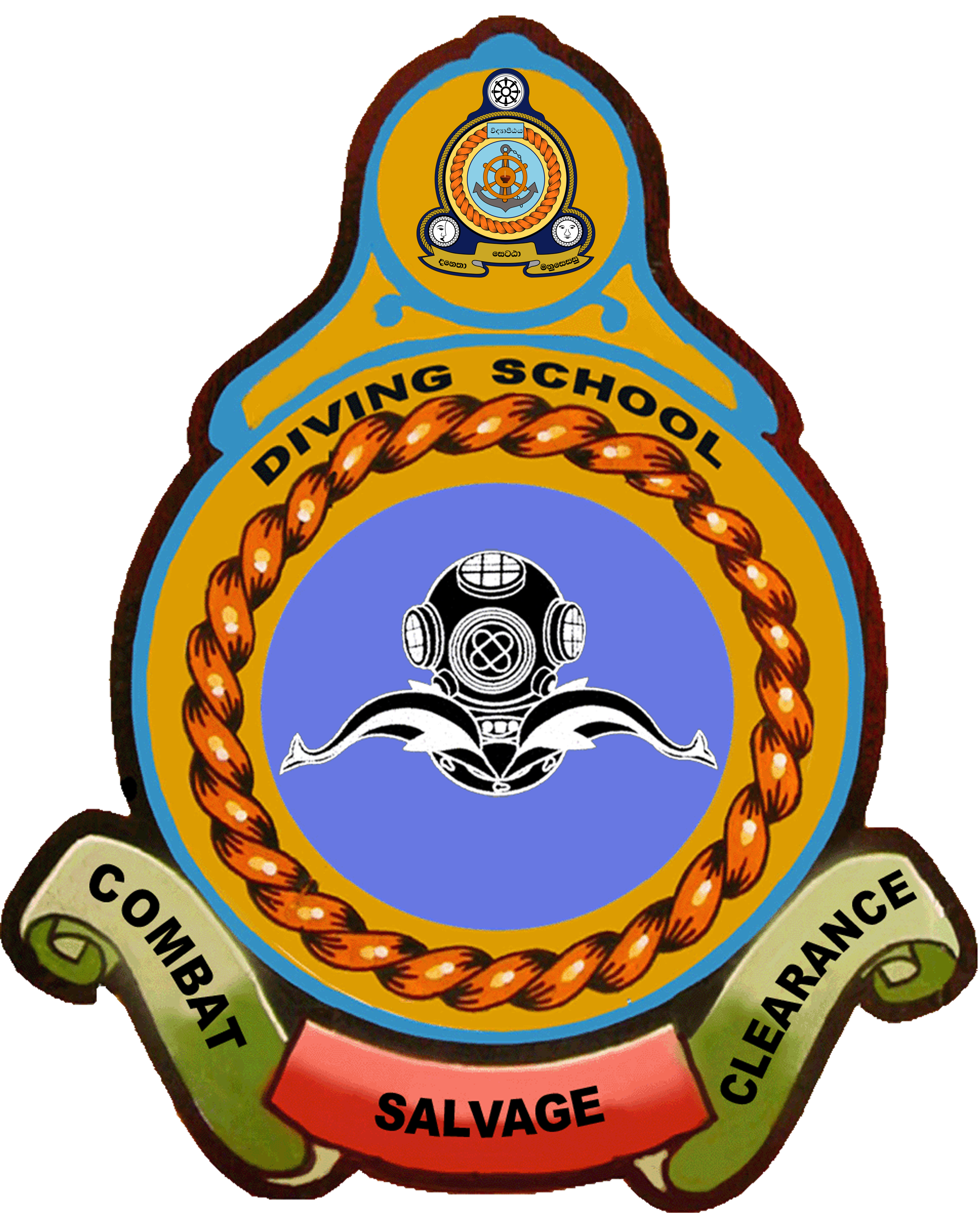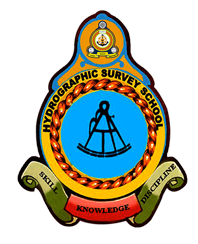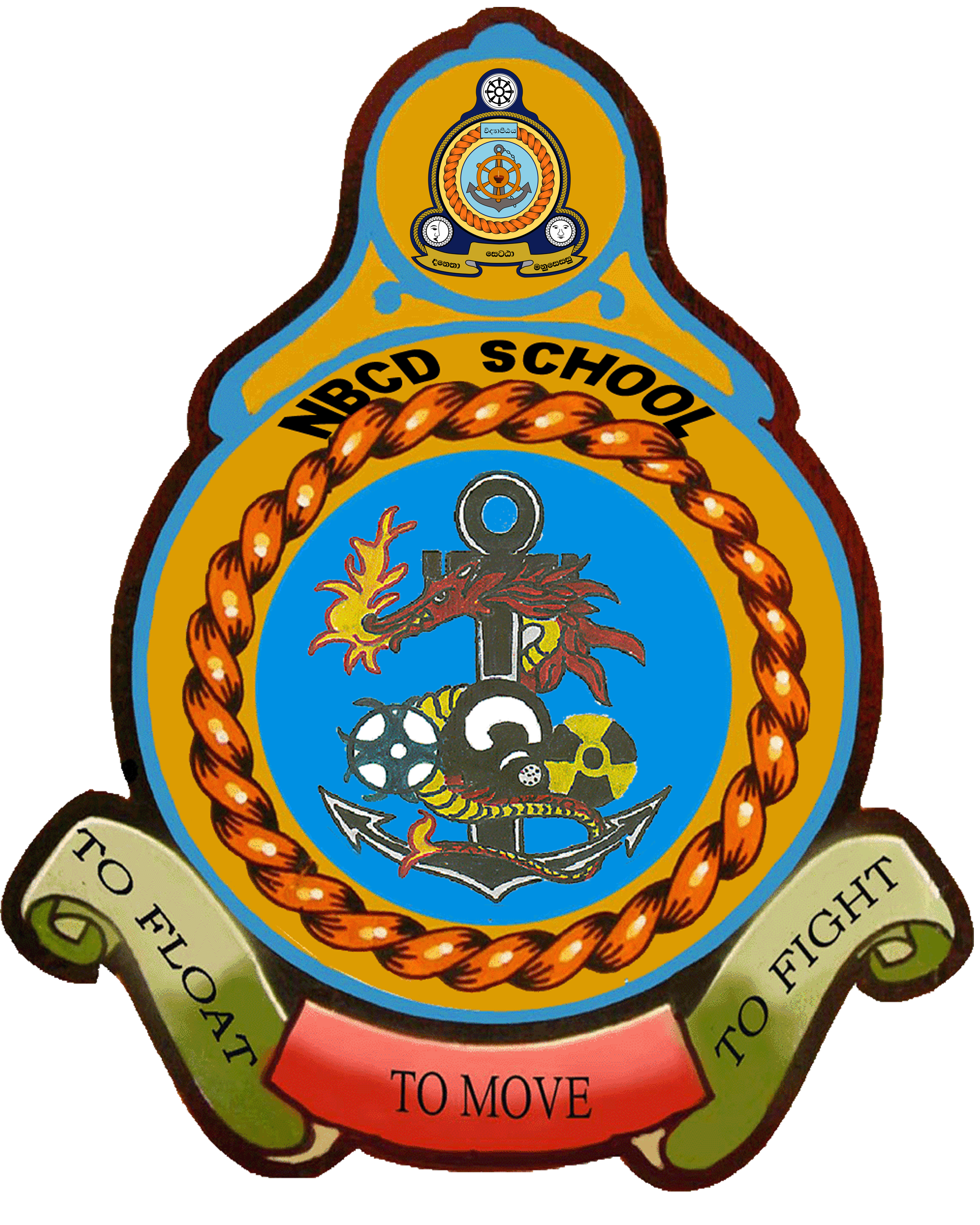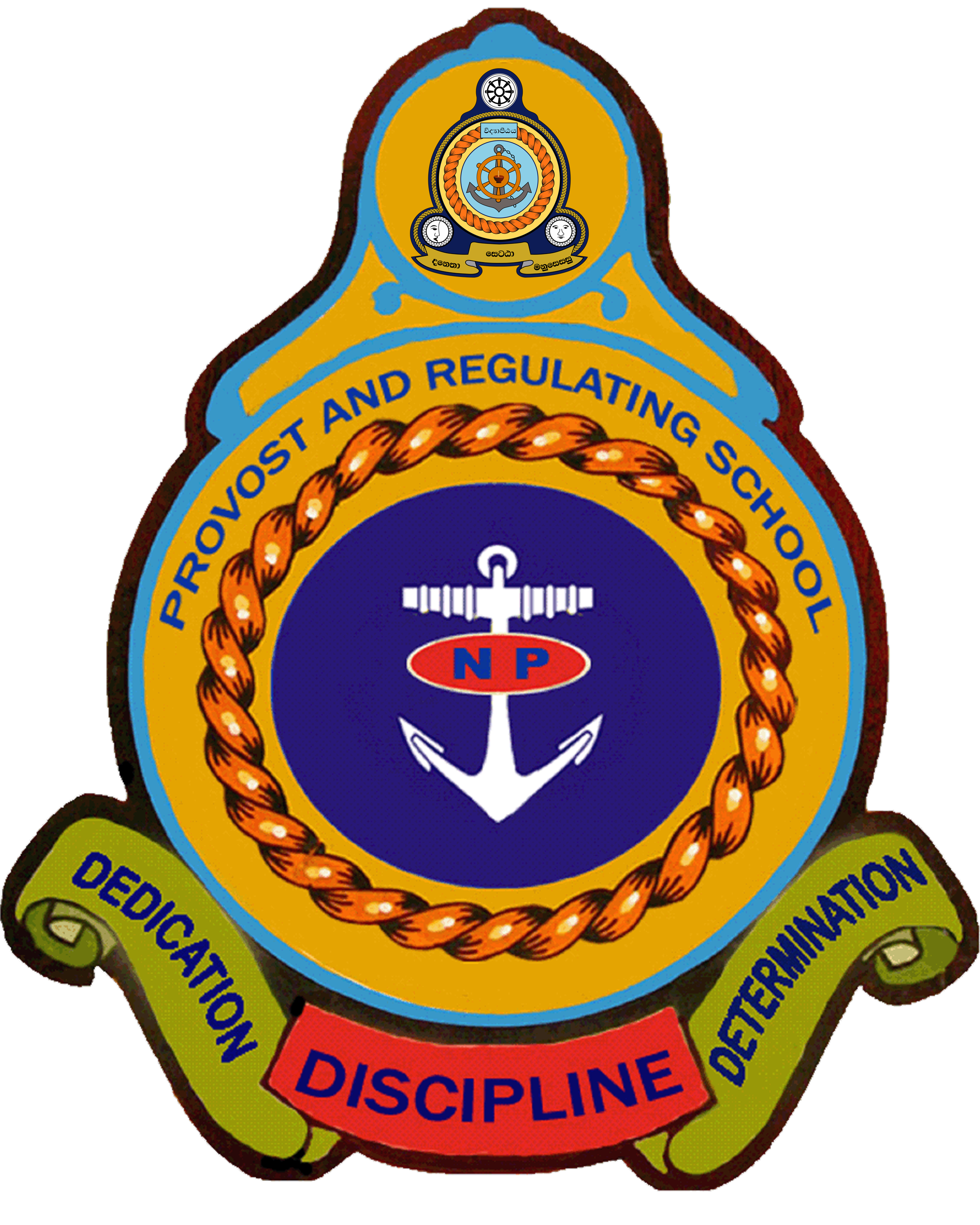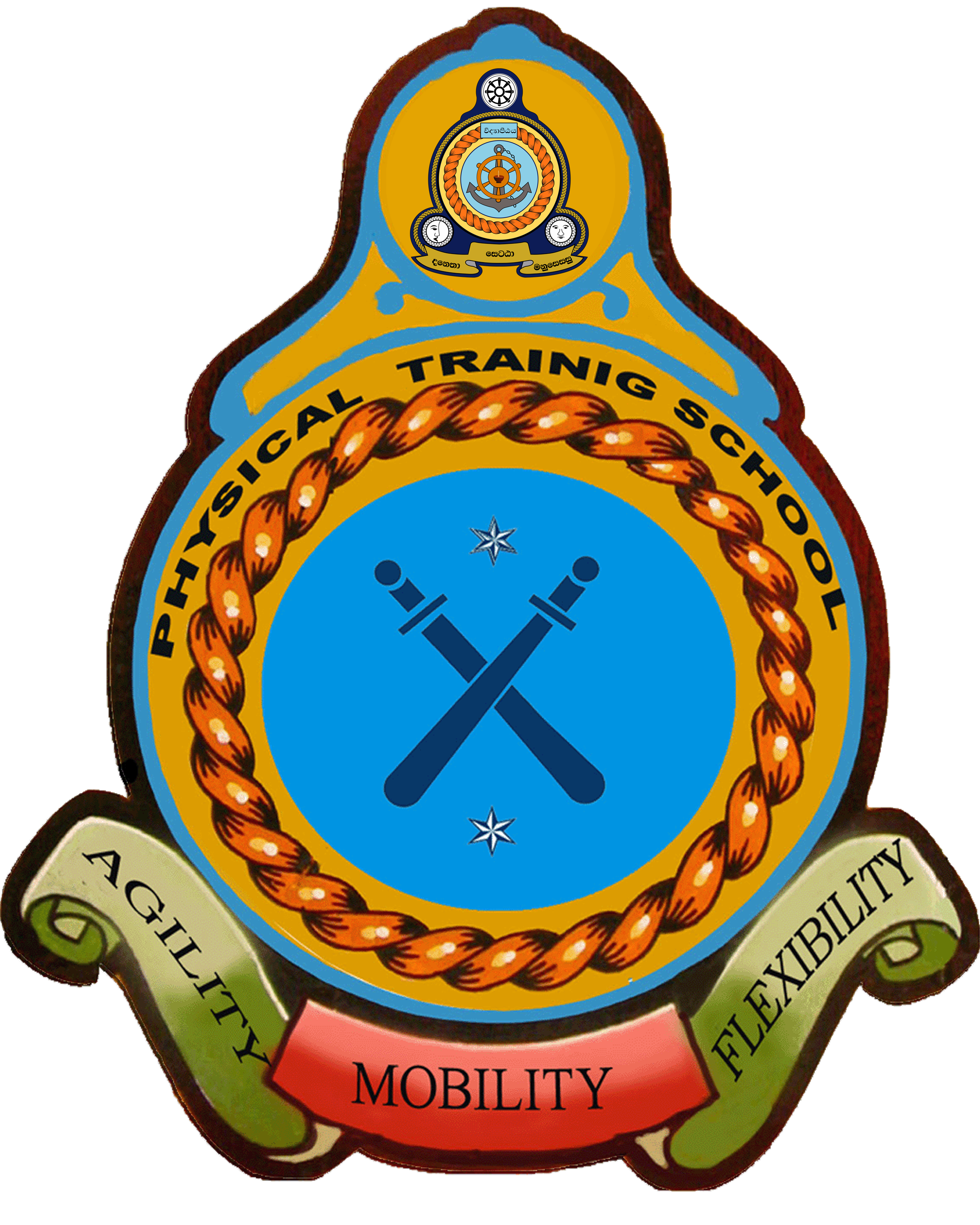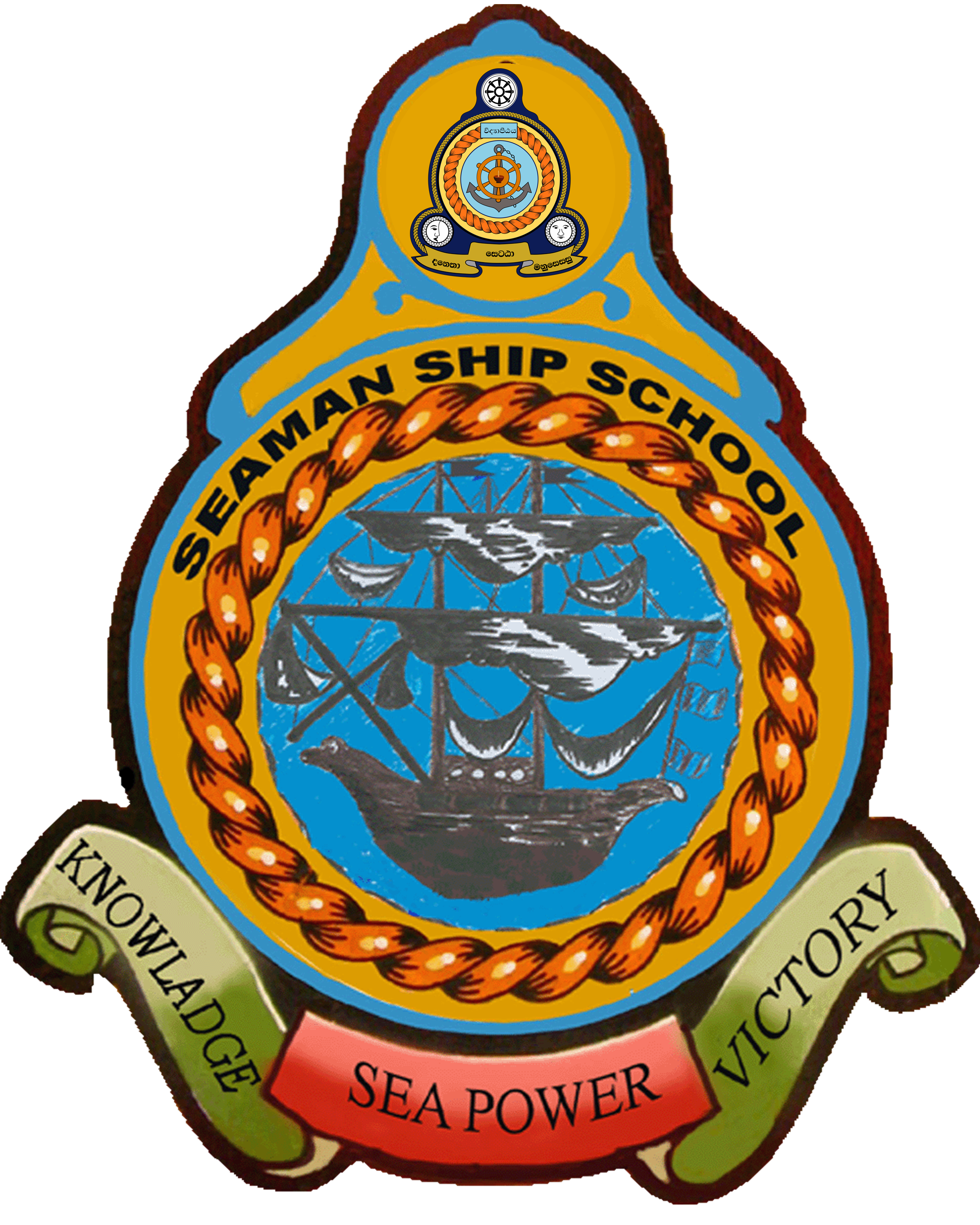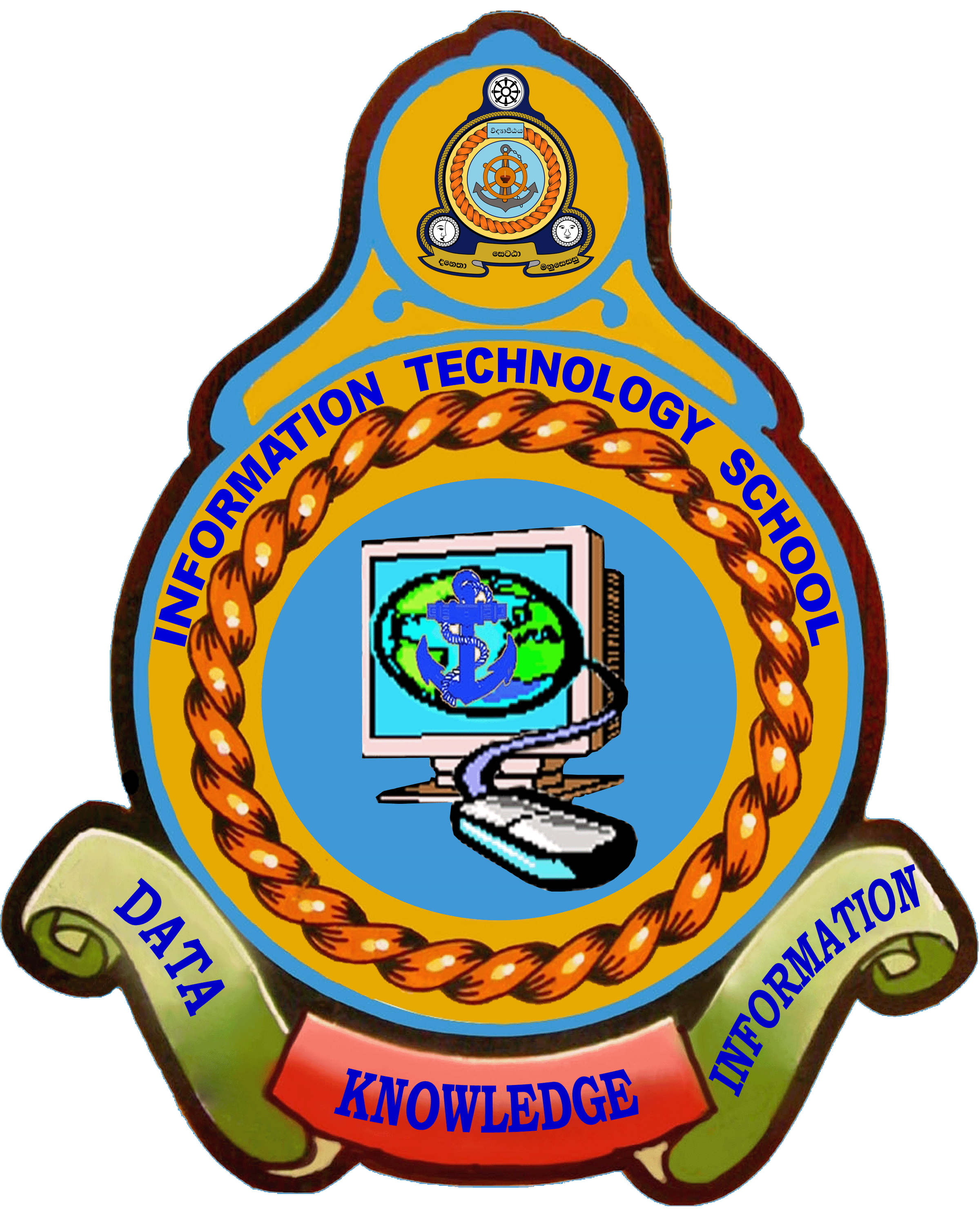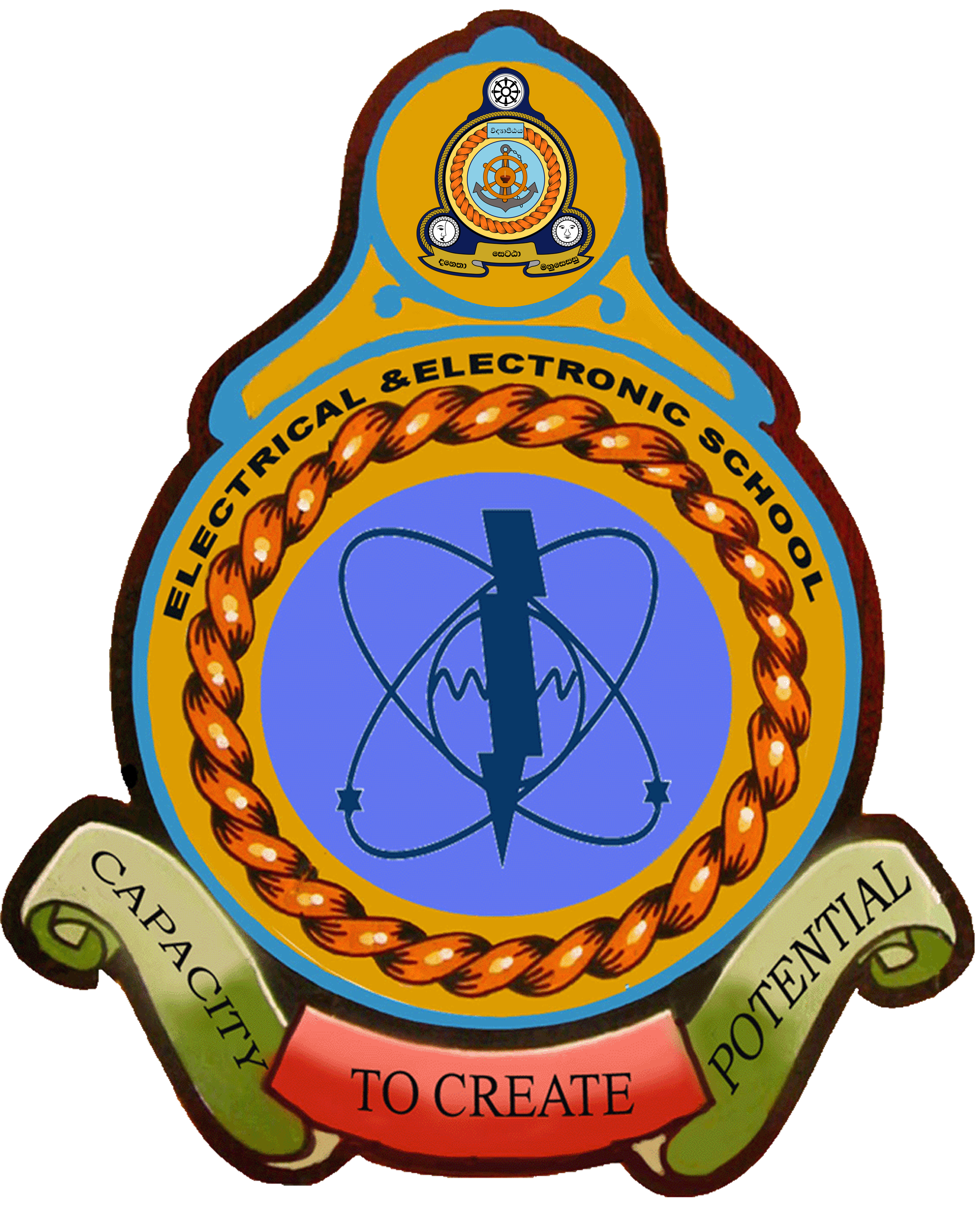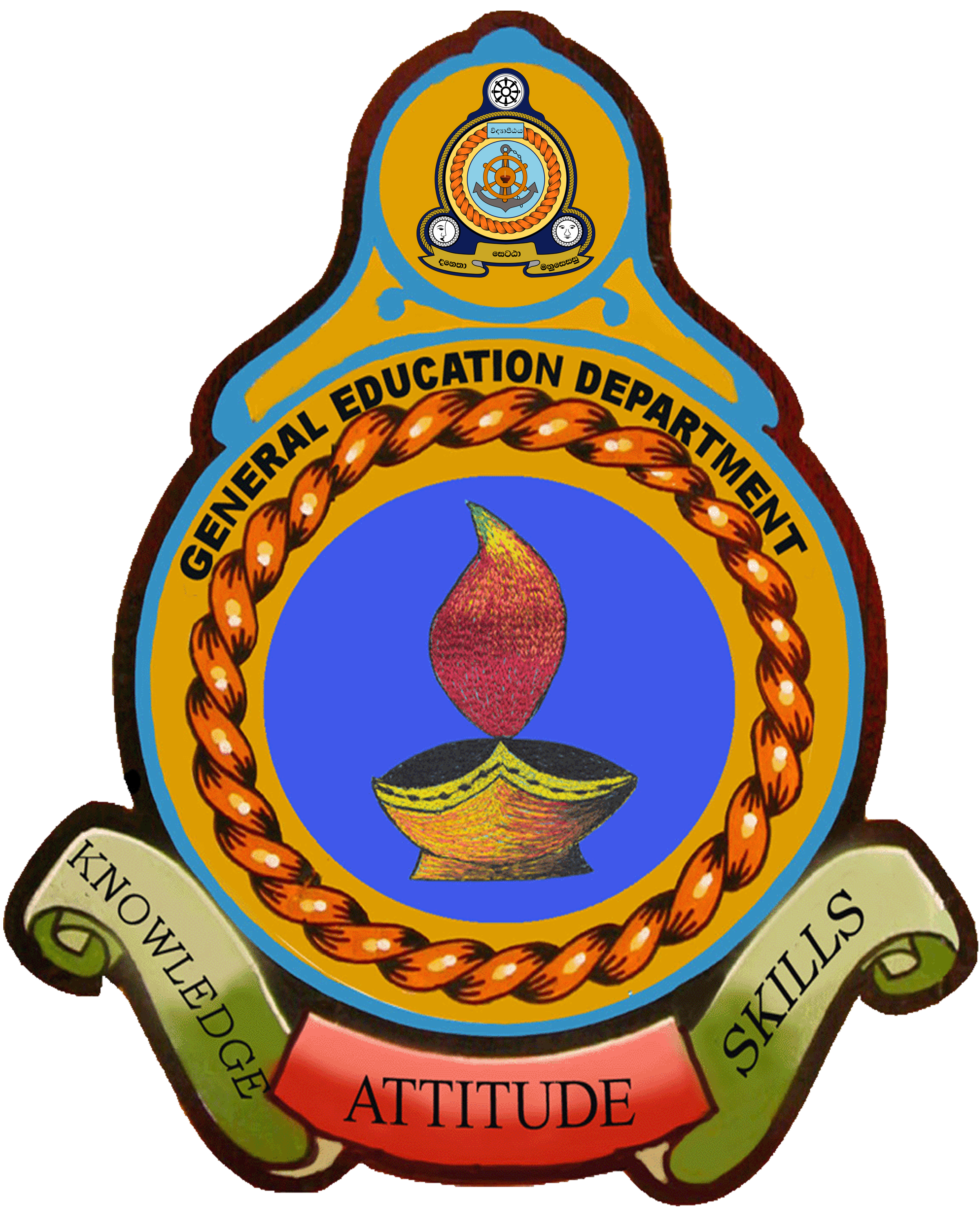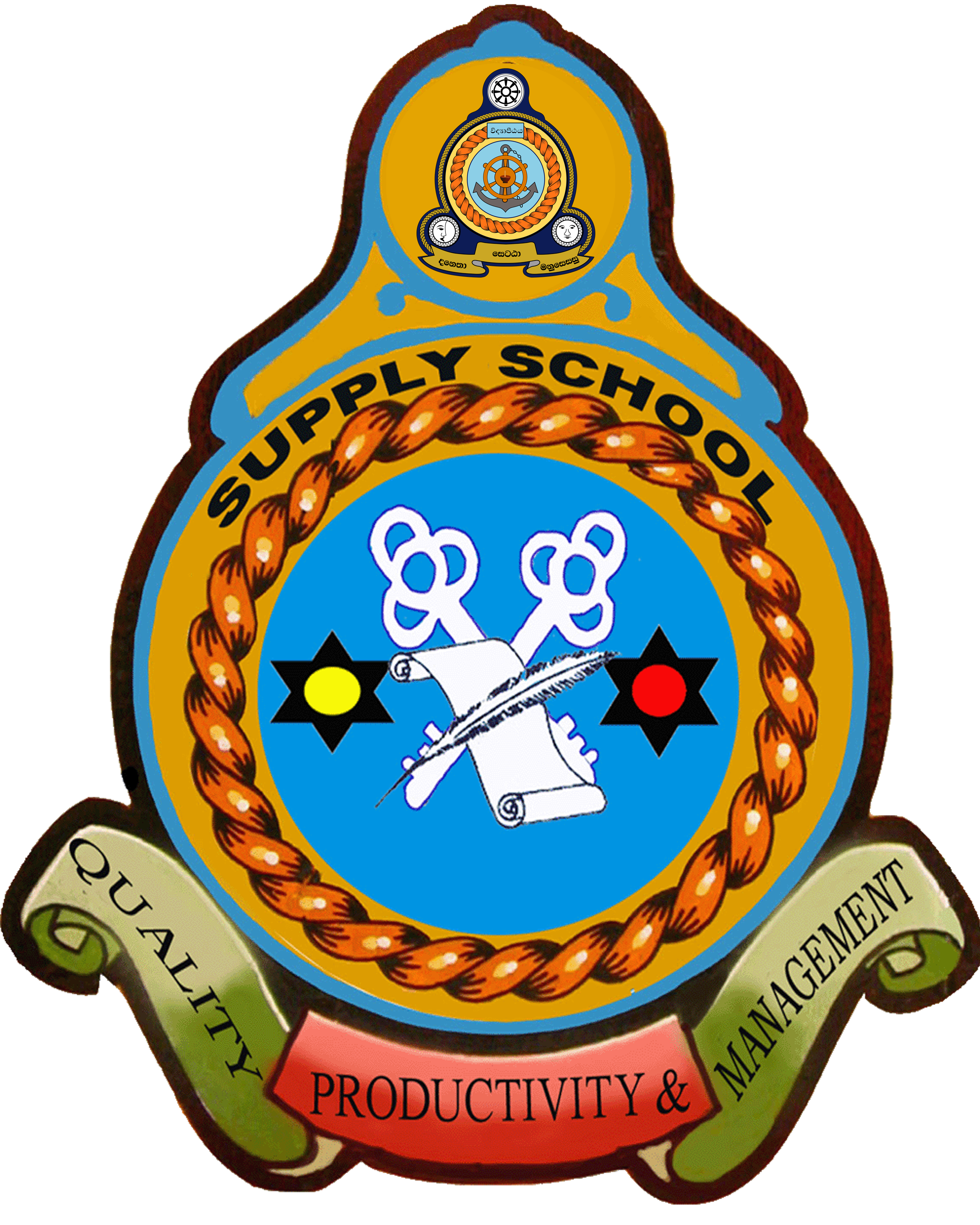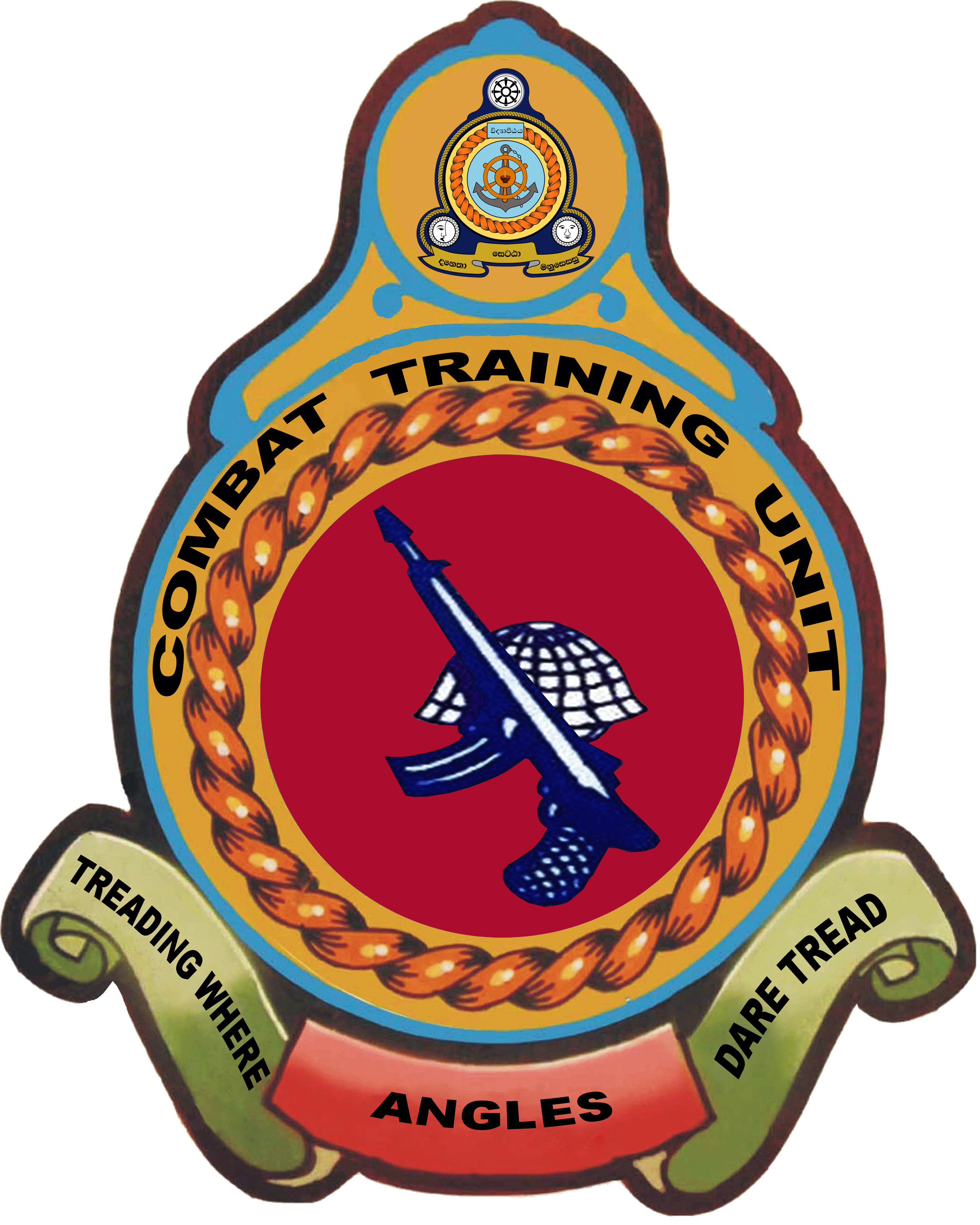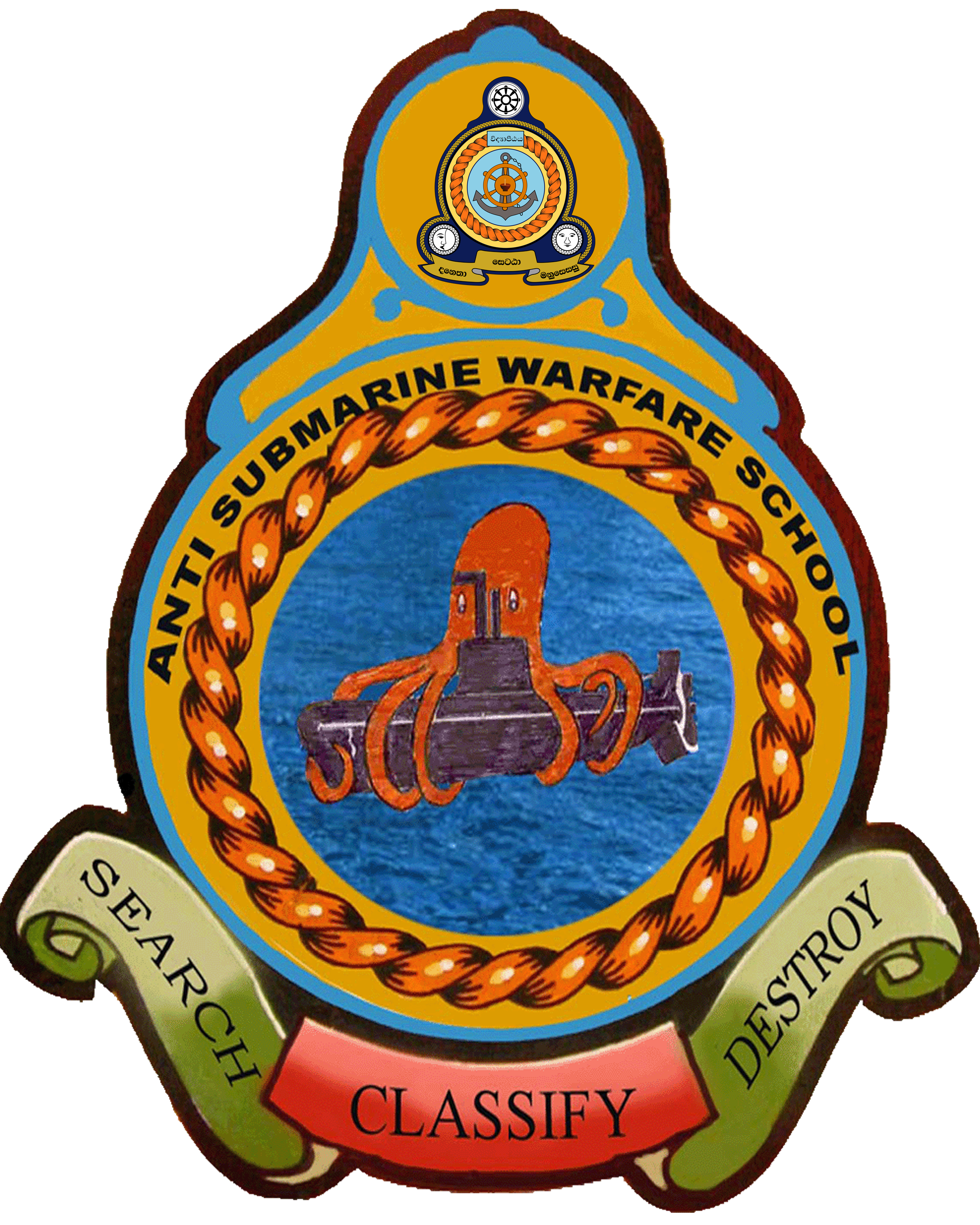ABOUT US
The Signal school of Sri Lanka Navy was established in 1958 at Naval and Maritime Academy (NMA) within the Naval Dockyard premises. Subsequently, school was shifted to various places within same perimeter with full-fledged facilities and renamed as communication school in 2018, at NMA new building complex.
The school is dedicated to impart knowledge on Naval Communication for both the Officer under trainees and Sailor under trainees from various fields as SLN demand. Presently, school is making its headway forward to the modern Naval Communication field and rapidly developing its training facilities to suit with Modern Communication intelligence in the world. In 2019, school was successfully conducted the first ever Long Communication Specialization course (LCSC) for SLN middle level officers keeping a historical remark in SLN history.
OUR POLICY
To impart sufficient theoretical knowledge and practical training for both officers and sailors on professional knowledge in communication
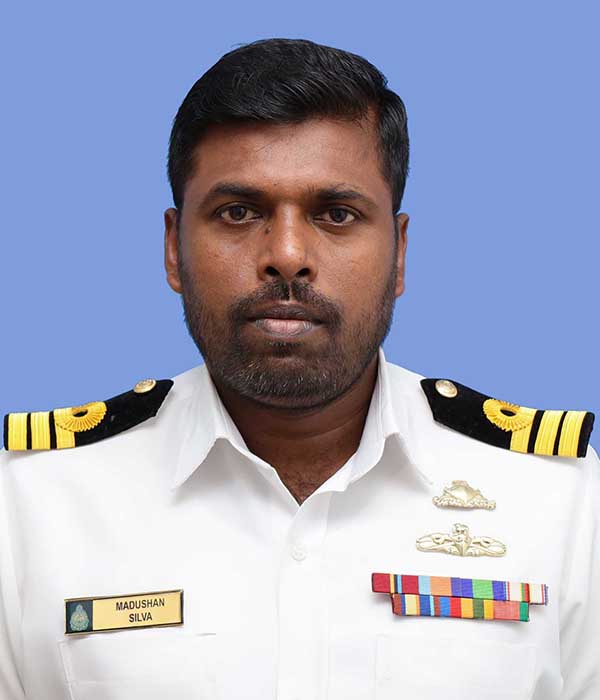
CDR (C) KSM SILVA
Officer In Charge
NRX 2358
Tel – 61345
ksm-silva@navy.lk

LCDR (C) AKDRS KULARATHNA
Second In Charge
NRX 3249
Tel-61348
akdrs-kularathna@navy.lk

LT (C) AKDRS KULARATHNA
Third in Charge
NRX 3751
Tel-61348
rm-kumara@navy.lk
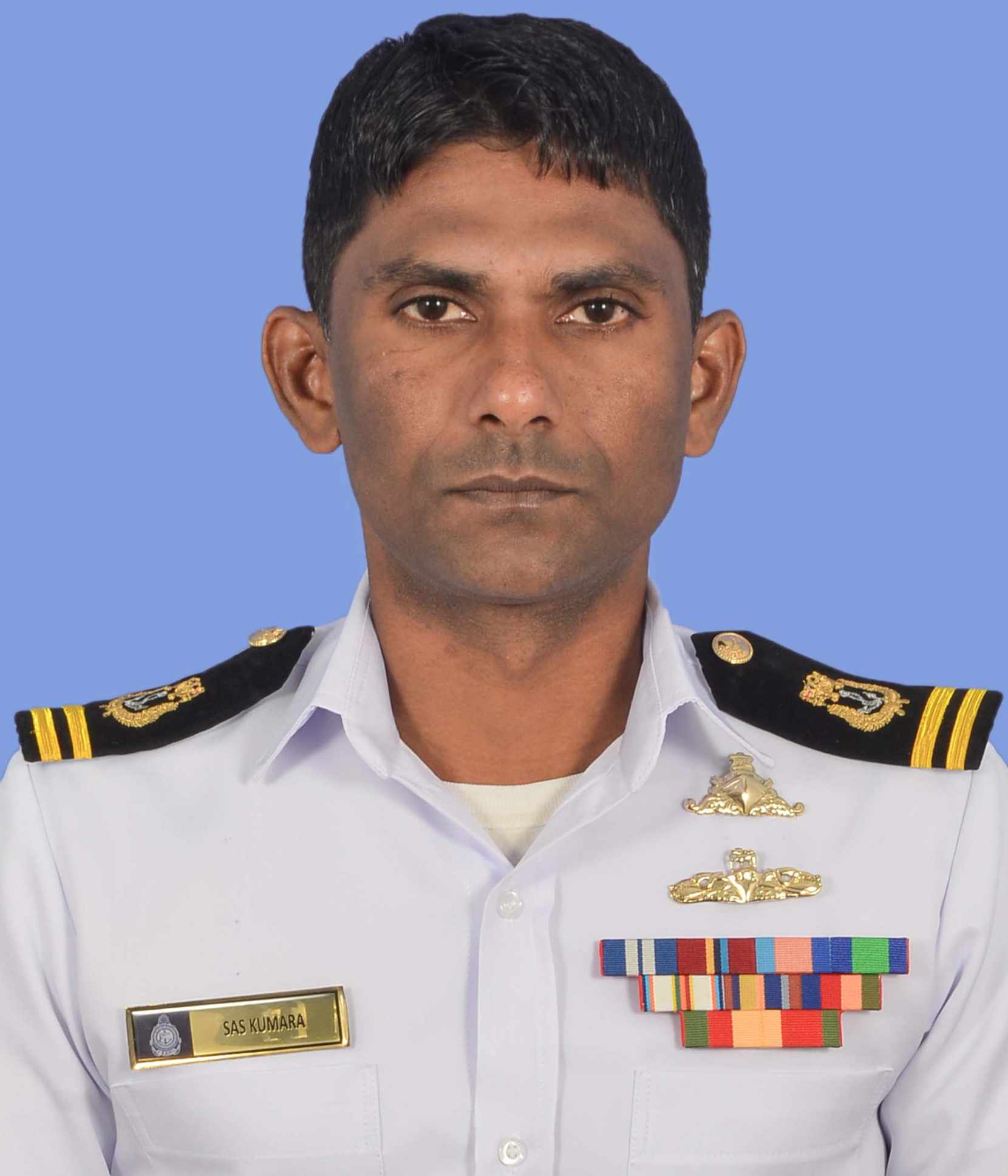
MCPO SAS KUMARA
Chief Instructor
XC 42880
Tel-61348
xc42880@navy.lk
